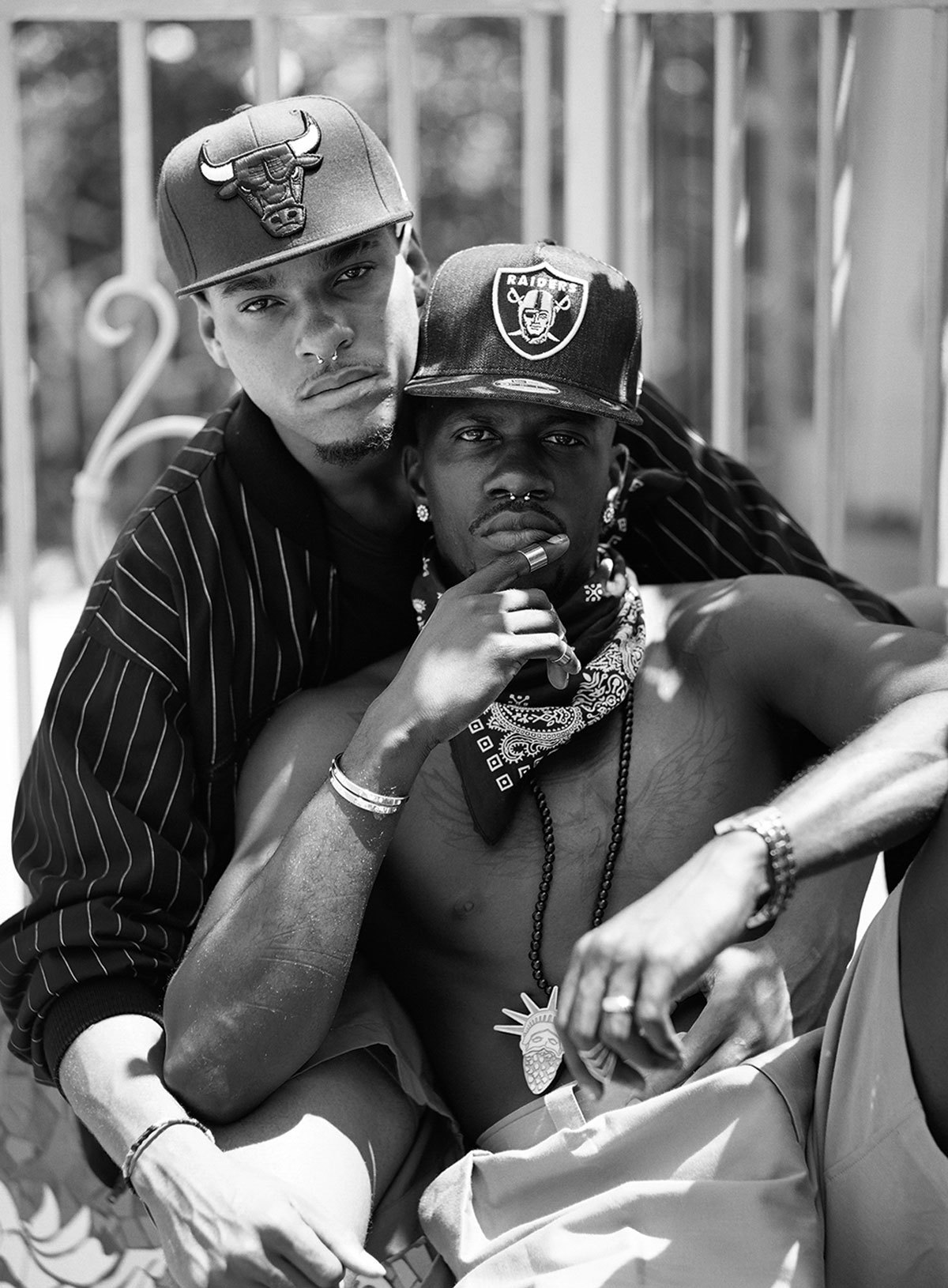A magazine that is by, for and featuring gay black men, is well-placed to address how the film industry could improve the lot of black actors, directors and moviegoers through greater opportunities, stories and roles. The Tenth Zine‘s latest thematic issue is centerd around Hollywood, so in the run-up to the Oscars — and the controversies around the lack of representation of black acting talent — we spoke with the magazine’s creators, Khary Septh, Kyle Banks and André Verdun Jones. Here, they sound off about the talent that is slaying in Hollywood (from Jussie Smollett to Viola Davis, Paris Barclay to Laverne Cox), the kids climbing their way to the top and how the black community can truly benefit from its cultural value.

Why did you pick Hollywood as a theme for your new issue?
We really wanted to free people from the Hollywood fetishism, but we also didn’t want to misrepresent the place. We used Los Angeles as a metaphor for the most glittery articulation of the American Dream, and then investigated the black gay/queer dream/position/body in relationship to it. Volume #3 is about the contradictions of America and how she sells us this dream but how this dream is not really intended for kids who look like us. ‘Hollywood’ is the place all young black gay kids want to go to see if they can make it, but there’s a dark, pathological side to Hollywood. After looking at it from every angle — from its gritty past of racial exclusion and violence to the glamour of the ‘men behind the muses’ who are creating the images of the girls we live for like Rihanna, Twigs, and Gaga — we pulled together an authentic epistemology of contemporary black/gay/queer LA through the eyes of its most dreamy and dreaming inhabitants.

What was your take on the reality of Hollywood, compared to the fantasy?
In Hollywood, reality is what you say it is. But what’s interesting is that the guys out there possess a characteristic optimism that goes hand in hand with the sunshine and glamour that envelops the town. They know that no place like Hollywood has the potential to change lives for the better, and their ability to dream without the weight of things like racial drama and rain really makes these dreams seem within reach. We did a story called The ‘It Boys’ of LA where we photographed and interviewed some of the most interesting and visible black gay guys in the town and got a sense of what their realities are. These are the boys that generate red carpet commotion, gym floor jealousies and Internet dependencies. Guys like Milan Christopher, who was the first openly gay character on Love & Hip Hip Hollywood, Brandon Anthony, who is the number one party promoter in West Hollywood and Matty Pipes, who is the social media aficionado for some of the city’s biggest fashion brands. They all welcomed us to the party high up in the Hollywood Hills where they got us suuuuuuper high and we realized Los Angeles could be whatever we wanted it to be.

What were some of the most impactful things people said to you for The Tenth in your time in LA?
Well, the kids in LA certainly possess a mastery of our celebrity culture. They know where to have lunch to be seen and where to party when the club is over at 2am. And what they said once the cocktails had taken over and the clothes were coming off at the pool was that sure, it isn’t all glamour and good times out there, but a burning hell of racial drama covered by smog could never produce such fascinating outcomes as Lee Daniels, Laverne Cox, Jussie Smollett or RuPaul. The promise of fame and fortune was supremely comforting to the Hollywood set, and as a matter of fact, it doesn’t even have to be the truth, because in Hollywood, everything vanishes but sunshine and hot boys.
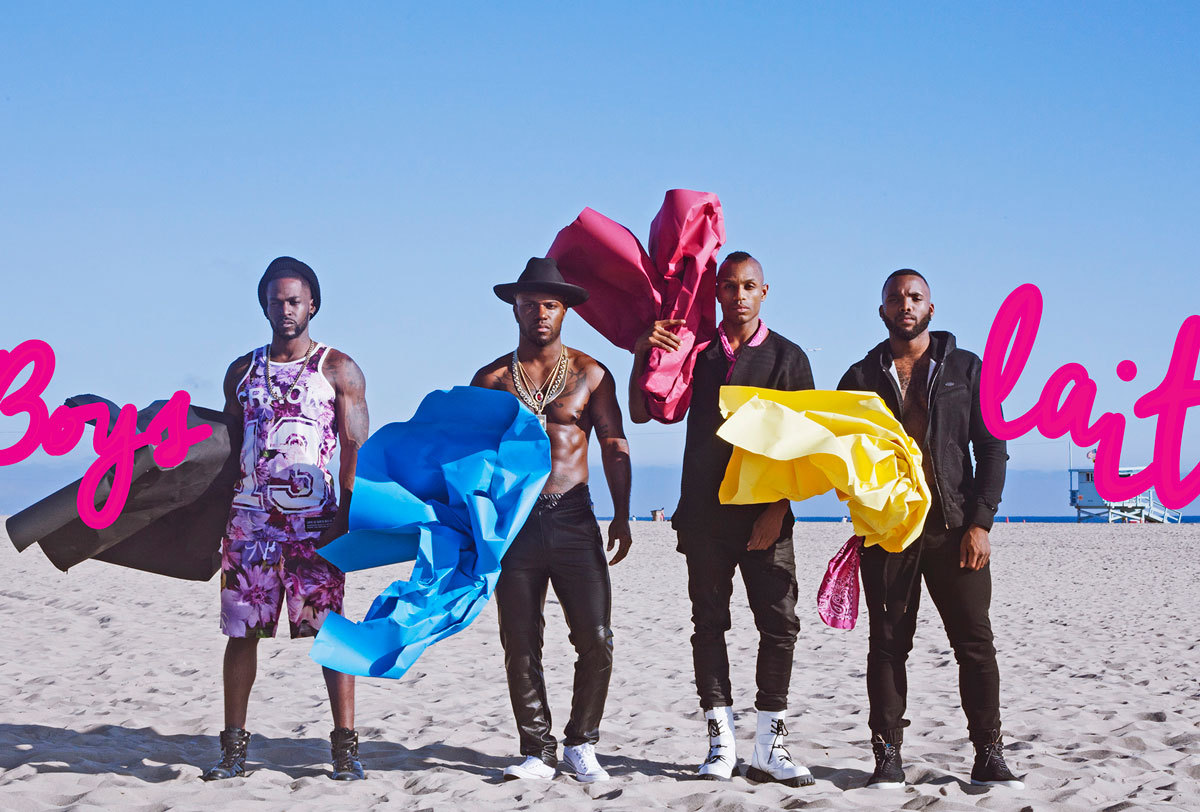
You’ve recreated Boyz n the Hood and made it Bois n the Hood. What were your thoughts on the original and why did you want to remake it in a queer way?
We’re a community that’s been absent from the master narrative — from the church to Hollywood — yet most times we are the ones shaping it, so these ‘remixes’ are our way of reinserting ourselves into it. Could John Singleton make Boyz n the Hood in 2016 without the inclusion of a gay character? Well he’d be stupid not to, because it seems to be paying its weight in gold to be a fag in Hollywood these days, but we aren’t quite sure that he would. It’s just good ‘ol fashioned homophobia in the black community. And when you do get a black gay actor/character, you can’t say with certainty that he’s dense with experiences or ideas onscreen yet. And that includes shows like Empire.
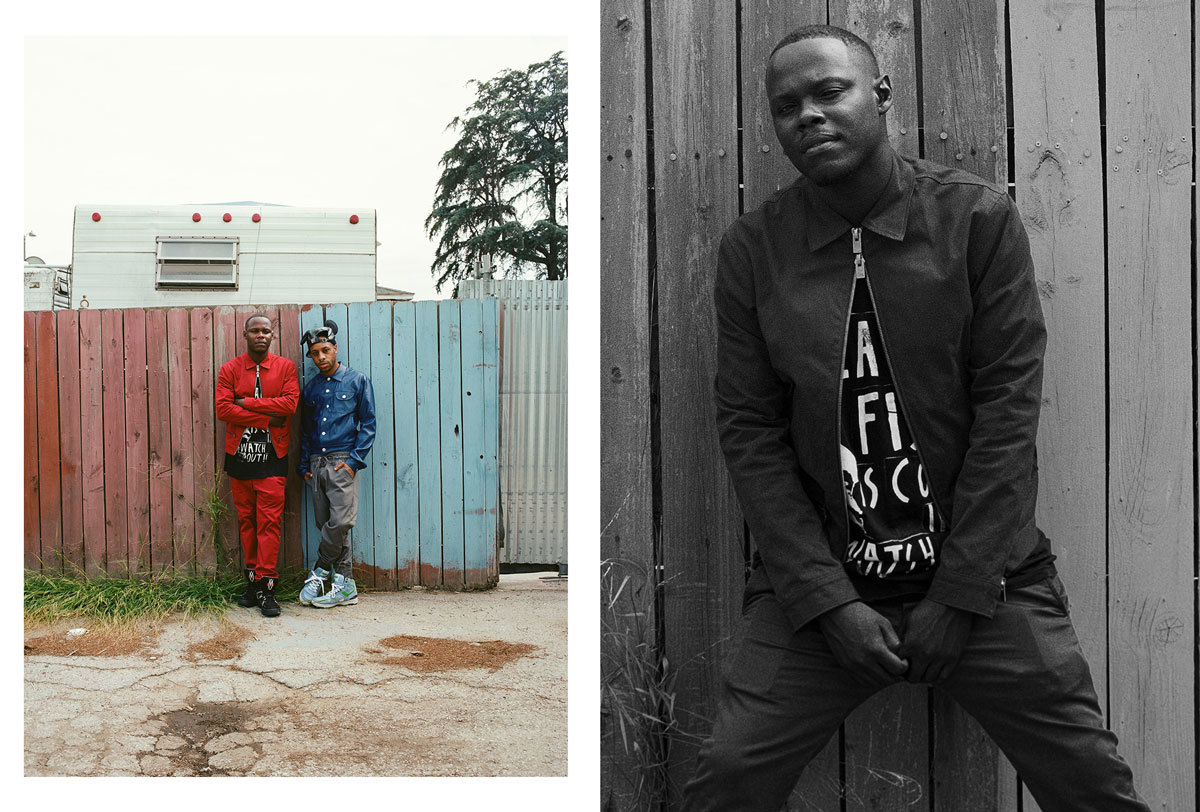
What other film stories have you covered in the magazine?
We spent a lot of time with black gay filmmakers, like Patrick-Ian Polk — who’s considered the Father of black gay cinema — as well as Steven Winter, whose film Jason & Shirley made a lot of noise last year. We celebrate that top-notch talent in our community, like Maurice Harris who owns a great flower shop in Silver Lake called Bloom & Plume and does flowers for all the Hollywood rich bitches. Yusef Williams and Derek Prodigy who are Rihanna and FKA Twigs’ hairstylist and vogue coach. So many kick-ass queers.
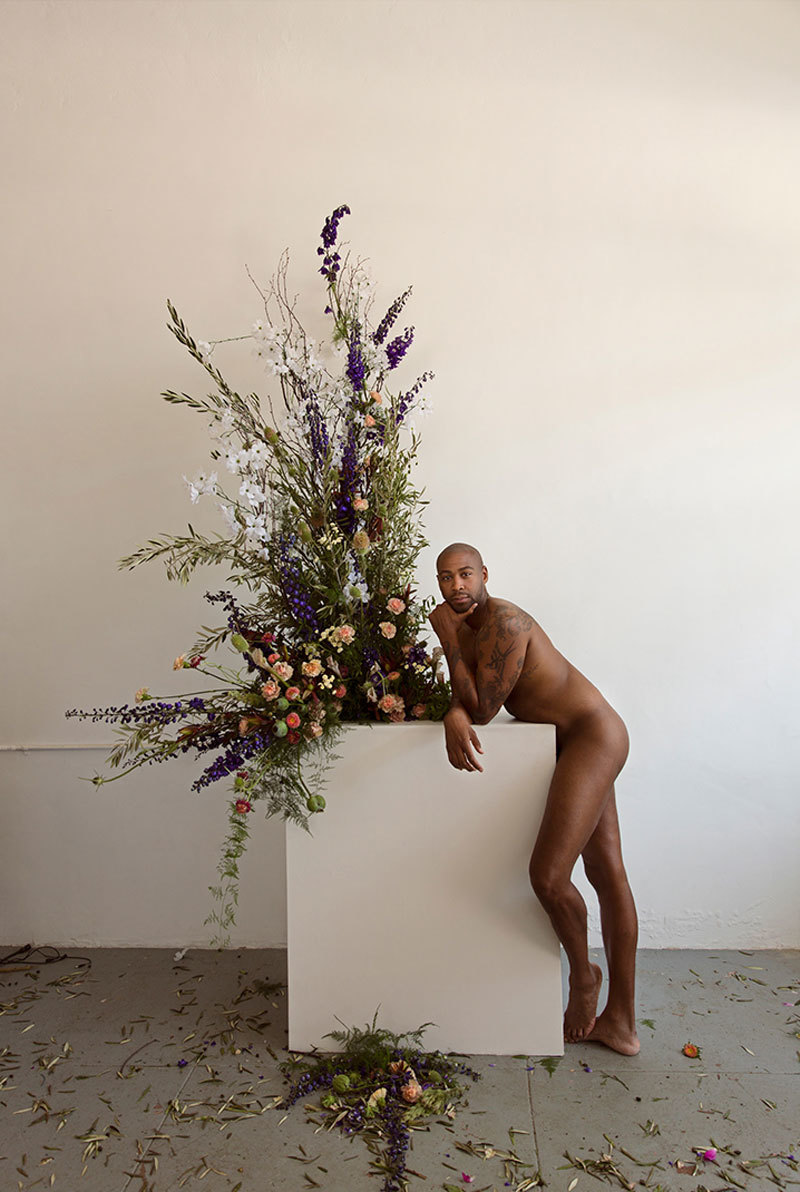
#OscarsSoWhite has turned into a huge movement this year. Do you think this could be a real turning point for more diversity in film?
Every guy at our studio when asked this question said ‘NO!’ And I think the greater sentiment is ‘Who cares?’ Has the #Blacklivesmatter movement reduced the amount of police violence against black men? No. Has black Twitter increased the numbers of black employees employed by the firm? No. The Tenth is anti #OscarsSoWhite for so many reasons. First, we don’t believe in ‘representational power.’ We’ve got five Fortune 500 CEOs but are 13.6% of the population. White people scream, ‘Well, what do you want us to do? Blacks aren’t qualified, if they were, then they’d be more present.’ So in Hollywood that’s why you have Miss Charlotte Rampling saying dumb shit like ‘diversity is racist to white people’ and ‘perhaps the black actors did not deserve to make the final list.’ This idea of wanting two or three black actors to be recognized by the Academy each year when there are thousands and thousands of black actors who can’t even find work because there are no roles written for them, seems like misguided energy. All these rich, powerful Blacks tweeting #OscarsSoWhite should shut the fuck up and green light some projects for emerging talent of color; start some production companies.

Shows like Empire have shown that black TV/film, made almost entirely with black talent, can be a success (as if we didn’t know that already). Some people within the community have been saying for a long time that the black entertainment world should be focusing on their own awards, like the BET Awards, and turn their backs on ceremonies like the Oscars. Self-sufficiency can be empowering, but it also seems like it would be wise to make sure that there is diversity everywhere for the health of the nation, for people’s sanity, and to stop separatism. What do you think?
One of our contributors, James Felton Keith, said an interesting thing: The most important thing that we can do, and what is actually progressive, is for one or a few of us to be able to participate in the existing power structure and to then be able to influence and inspire the next group of people to engage the power structure later. So we applaud the Black actors who are working that Hollywood machine; it takes balls. But it takes bigger balls to create work from within, as say, Mara Brock Akil or Ava DuVernay have with work like Girlfriends, Being Mary Jane, or Selma. We just want to be able to make work that speaks to us unapologetically; black work that is of the utmost quality and that’s recognized as great work by audiences of all colors. And no shade, we don’t want to have to bend towards whiteness to create like this. It just seems that whiteness doesn’t want to recognize work not created under its control. If we must assimilate to get ahead, we say fuck it.
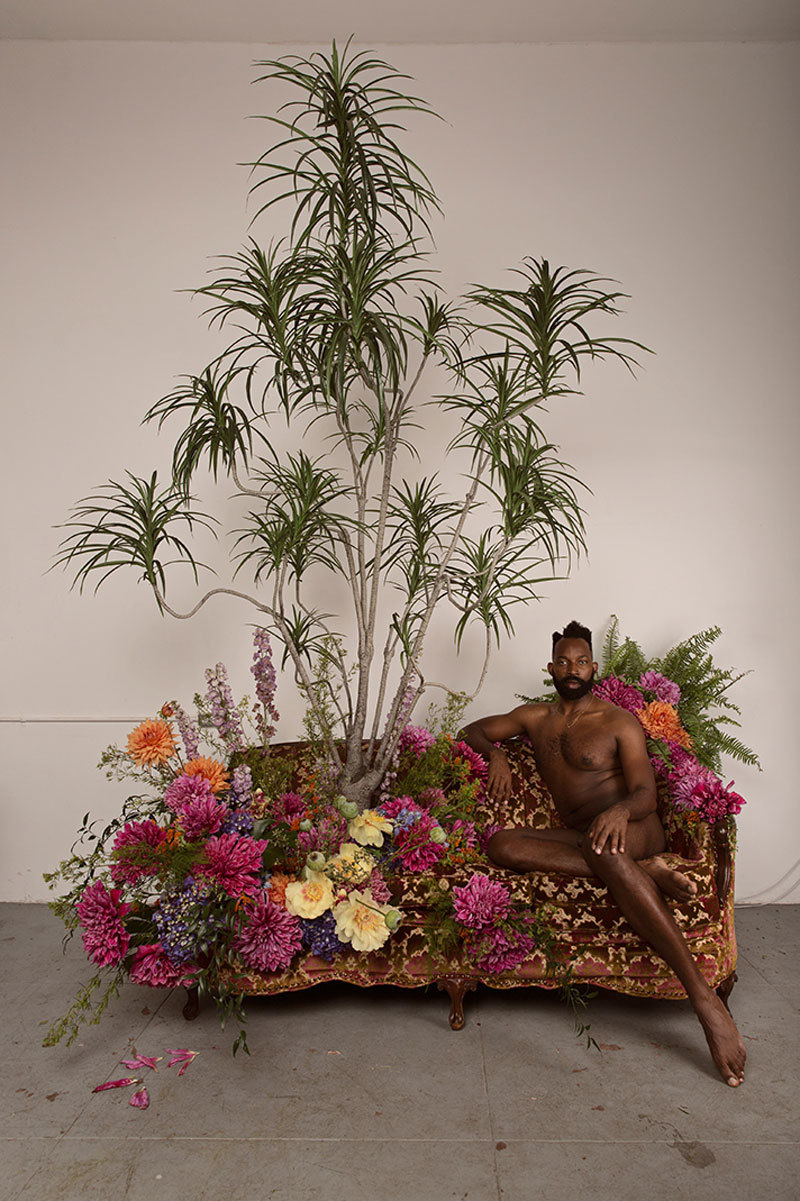
Can you give us your top black films/directors/actors of all time and tell us why you chose them?
1. Lee Daniels. A brand of film making that we’d never seen before. A level of gritty surrealism and performance-capturing that slays all of the greats. Lee, on top of furnishing the getaway cars for Halle Berry and Mo’Nique and their Oscars, has ultimately shown a realism and command of the Black experience on film that is just utterly modern and untouchable.
2. Viola Davis. The Black Meryl Streep, period. As an actor she transcends race (ummm, hello Doubt) and just presents a version of black femininity that is real, and beautiful, and powerful, and mother just slays any white bitch on film. Sorry, not sorry.
3. Spike Lee tied with Steve McQueen. Spike’s first 20 years of film making vs. 12 Years a Slave. It doesn’t take more than ONE masterpiece to make a career — it didn’t for Kubrick — so McQueen wins on that front. But Spike’s body of work, from Do the Right Thing to Malcolm X to Girl 6 to Inside Man, prove that he is at the pinnacle of the mountain that any color film-maker stands on. He made a socially-conscious, avant-garde form of film-making suddenly commercial, and showed a contemporary Black experience with a nuance that’s really never been duplicated.

Can you give us your top black, gay films/directors/actors of all time and tell us why you chose them?
1. Lee Daniels. Again, just Mutha.
2. Paris Barclay. Paris is an ICON and not only a movie maker, but also the President of the Directors Guild of America, and one of the few black men who’s actually had the balls to be out in Hollywood — for decades. He’d be on this list if he directed nothing more than Don’t Be a Menace to South Central While Drinking Your Juice in the Hood which is a legendary Black comedy, but this man has directed a grip of excellent film and television from Glee to Sons of Anarchy and is who we’d call “Godmother.”
3. Patrick Ian-Polk. We wonder why did all these Black kids spend the greater part of the ’90s and 2000s obsessing over Sex and the City and Queer as Folk, as if these shows somehow related to us, when the reality is that they didn’t. Patrick dismantled the world as seen by these white girls from his own place within it with films like Punks all the way to Blackbird and pretty much changed everything for us by addressing black gay representation on the big screen.
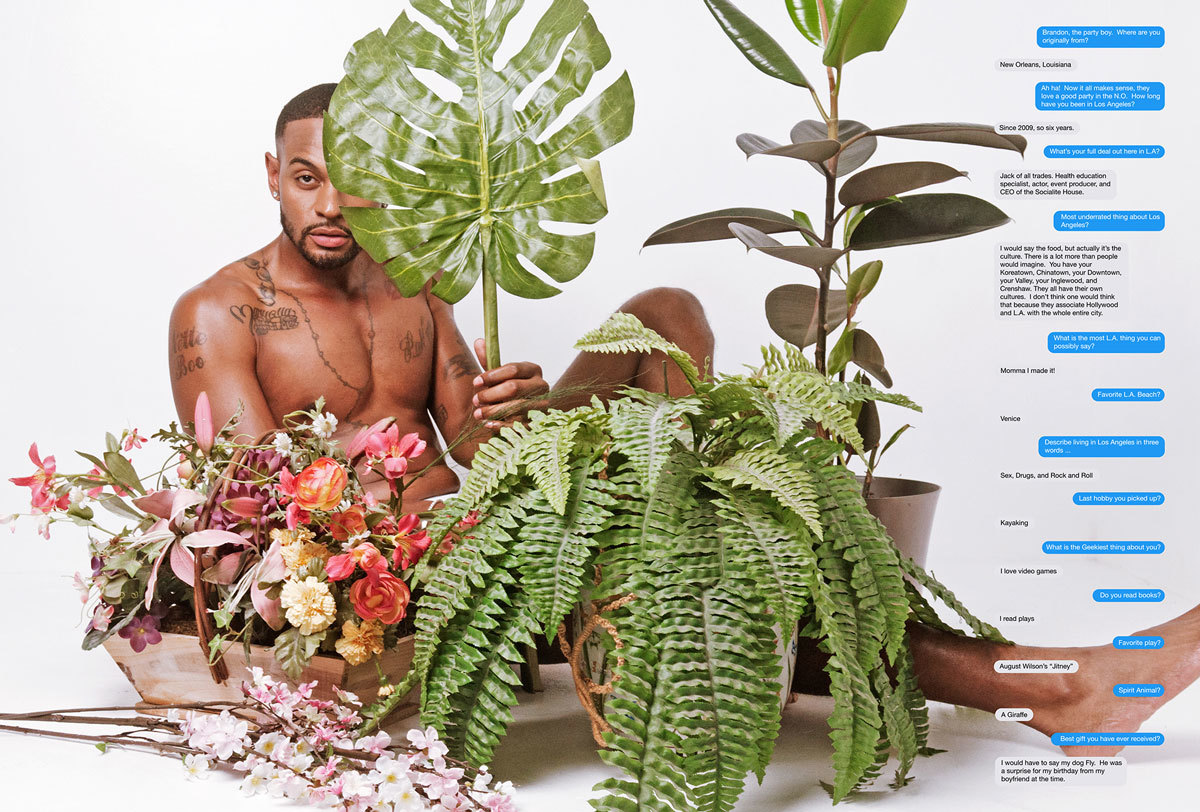
Who do you see as the black entertainment stars of the future?
Black people have proven time and time again that their cultural value as far as the American popular culture is bankable, and exploitable, and of interest to an audience of mass global consumers. Now we’re like, ‘How can we be indemnified for our value in the market?’ It’s about control and knowing our value. You’ve seen in fashion, in music, in film (a little), that we’re owning it a bit more. Owning our Blackness, our gayness, and then creating businesses and projects that reflect those values and aesthetics. But how could you not be up on Marlon James who just won the Man Booker Prize for Fiction, or Justin Simien who tore up Sundance with Dear White People, or Danez Smith who won the Lambda Literary Award and whose pen and prose are just so nasty? There are so many. Stay up with The Tenth to stay up on it!
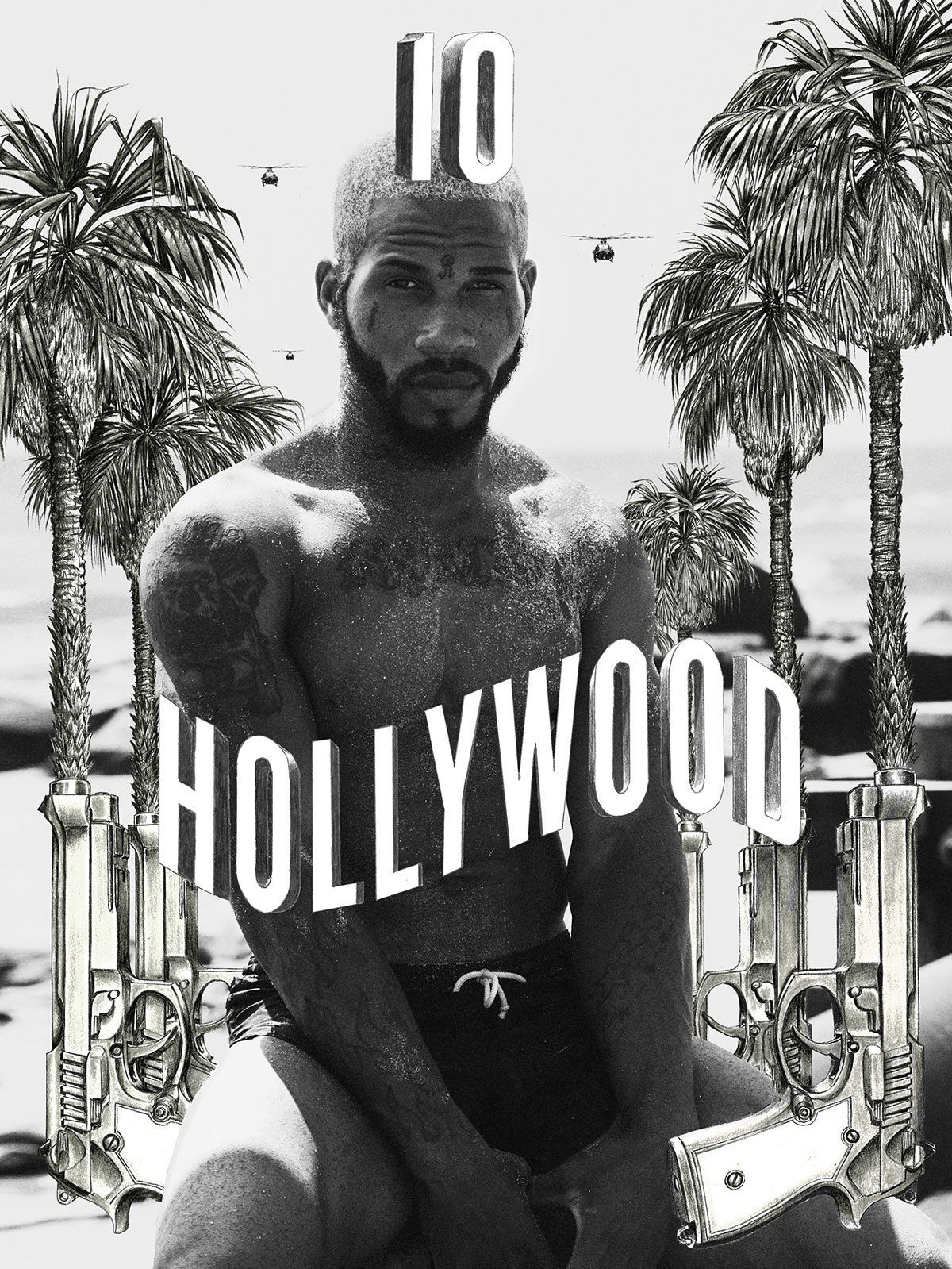
Credits
Text Stuart Brumfitt
Images courtesy The Tenth
